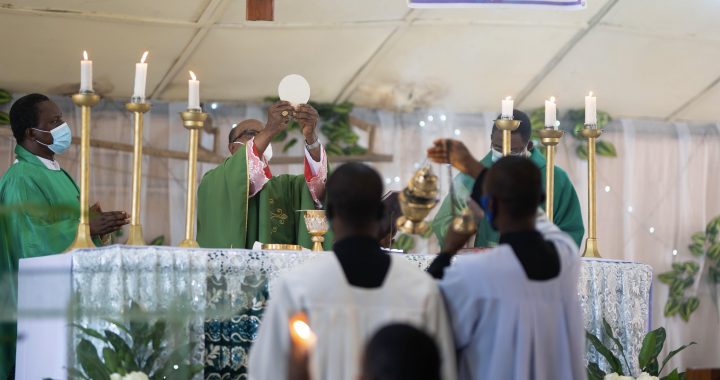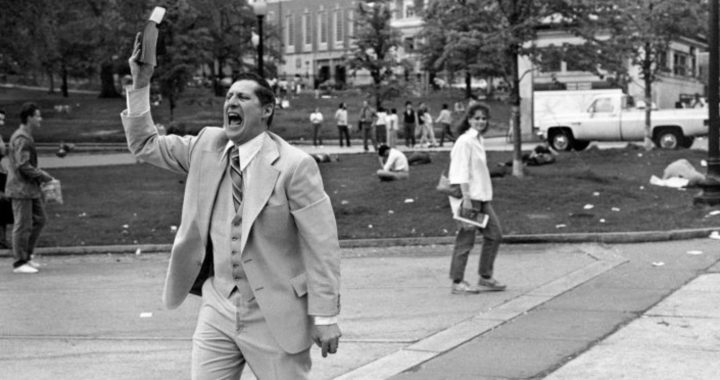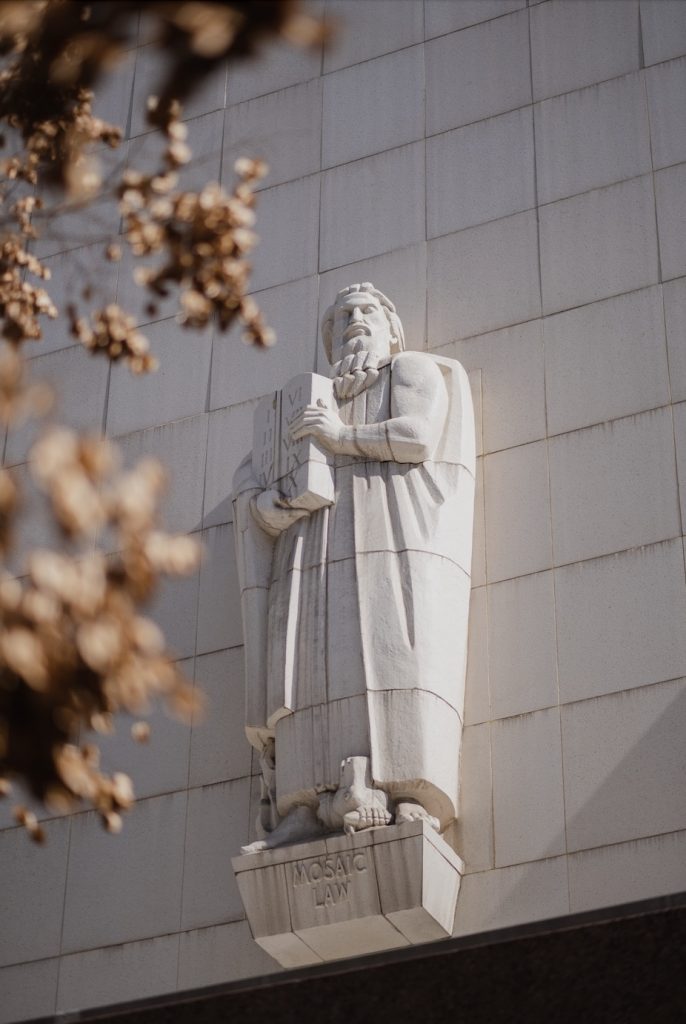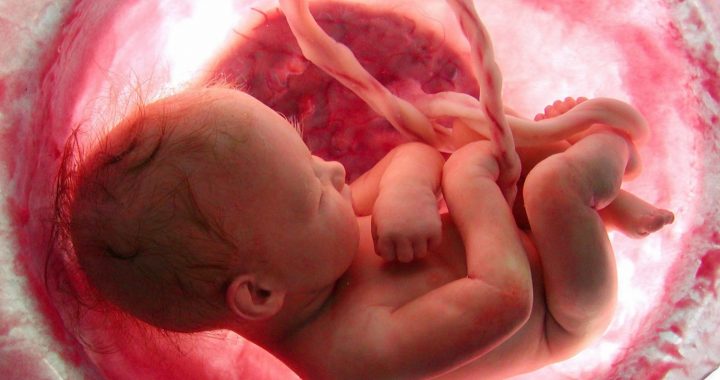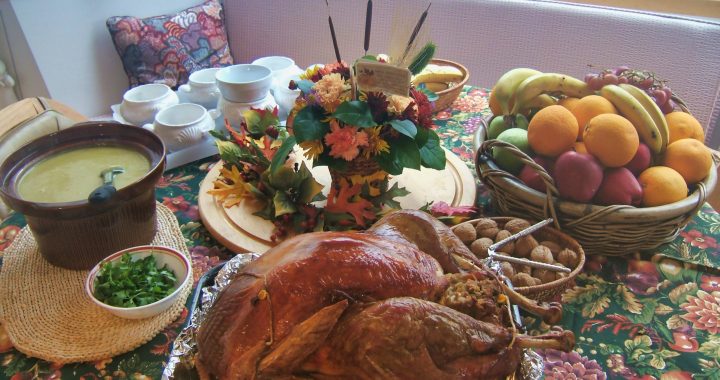Opening our hearts to others bit by bit in Ordinary time is a small but significant step towards Heaven
Forty days have passed since we celebrated Christ’s death and resurrection. We have finally arrived at Pentecost and enter a season of 25 weeks of Ordinary Time. So, what now? What do we do? Do we move on in life and return to our daily routine of busy schedules until we are in a festive mood again during the season of Advent and Christmas? That’s six months away!
Can we expect anything new in between?
I recall a memory from a long time ago when I was a young girl.
My grandparents lived very far away from my parents’ home. One day, I decided to visit and spend some time with them because they missed me. I started out on my bicycle. On the way there, I passed by a hawker stall and whiffed the scent of my favourite dish. I couldn’t help myself and stopped to eat it.
Then, I spotted a bookstore. I was curious and went in to browse the titles they were selling. When I finally got out, I bumped into friends whom I haven’t seen for some time. We wanted to chit-chat and catch up with each other and went for a drink. By the time I reached my grandparents’ home, it’s almost the end of the day. Yet, they were so happy to see me.
They had been waiting for me to arrive since the morning and had prepared and laid out on the table so much food for me to enjoy. But I was already tired and filled up from my mindless “gallivanting”. What’s worse was that I arrived empty-handed. Because of the diversions on my way there, I completely forgot to buy them something nice.
I was disappointed with myself for having fallen short in my love for my grandparents. My passions got in the way. That happens because I gave priority to my passions over my grandparents. And by that, I had, in fact, put myself first before them. Although no sins were committed during the many things that distracted me on the way to their home, the good that I had intended, nevertheless, missed its mark.
Every single act of selflessness is a sacrifice, a martyrdom. And every martyrdom participates in Christ’s Martyrdom. It is, therefore, holy. And the good news is a selfless heart is trainable.
Life is often full of distractions like mine.
We journey on Earth as Christian pilgrims, Heaven is our destination. This is our belief and hope because Jesus says that He has gone to Heaven to prepare a place for us and will return to take us there (Jn 14: 2-3). Heaven is a place for saints, who made it there because they were holy in their earthly lives. Have we been living our lives like them to finally make it there or have we made so many detours that we have lost our way? Or been able to come to our senses and struggle to finally get there late in the evening? Unless, of course, we die a martyr’s death?
If we make it to Heaven, Jesus, who has been waiting since the morning for our arrival will greet us with joy and sit us to a feast He has laid out on a table for us to enjoy. Just like what my grandparents did for me.
Everything boils down to one thing: our loving hits or misses the mark to a degree we love our neighbour compared to ourselves. Loving demands self-forgetfulness and self-sacrifice which take us out of our comfort zones, and without which our loving would be sloppy. Pushing it further, negligence in loving, often, is the root of the sins of omission.
Being self-forgetful is difficult. To what extent do I forget myself? For this, we can only look to Jesus whom we follow: His loving for us leads him to the cross. His self-forgetfulness is his total selflessness. His passion is not a comfort zone that causes diversions, but the focus that serves the very purpose of his loving – the expiation of our sins.
If we strive to open our hearts every day, just a little bit more than yesterday, to accommodate a neighbour (somebody we care very much, an acquaintance, somebody irksome, somebody we don’t want to know …) we will, consequently, must also let go a little bit more of ourselves in the process. We will slowly become less and less attached to our comfort zones, and more and more capable of directing our passions towards Heaven. In the process, our self-centeredness gradually diminishes, giving way to an attitude that disposes us to be more ready for bigger self-sacrifices.
This is “heart work” that demands a lot of hard work. But doable!
Many Christians tend to think that holiness is not for them because it is an endeavour that is unattainable, if not close to impossible. But holiness is nothing short of being good. Being good is being loving at the core, for what can be good if there is no love? Goodness starts from the heart, and can only come from one that is selfless.
Every single act of selflessness is a sacrifice, a martyrdom. And every martyrdom participates in Christ’s Martyrdom. It is, therefore, holy. And the good news is a selfless heart is trainable.
There! Holiness IS ATTAINABLE.
During this season of Ordinary Time when our spiritual journey is moving at “cruising speed”, this is one “heart work” that we can strive to do. Until such time when Advent arrives, and calls us to prepare our hearts to receive Jesus at Christmas, our hearts will be ready! And as our long-term life project of getting ready for Jesus to come fetch us to His Father’s house, consider the questions that He may ask: Will it be “what sins have you committed?” or “How much have you loved?” May Jesus find our hearts big, our loving steadfast!
“You did not choose me. Rather, I chose you. And I appointed you to go out and bear fruit, fruit that will remain, so that the Father may give you whatever you ask Him in my name. The command I give you is this: love one another.” Jn 15:16,17
Image: Shihab Nymur, Pexels





